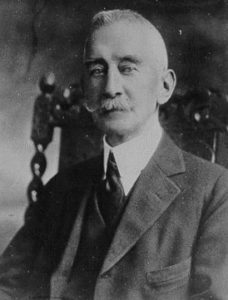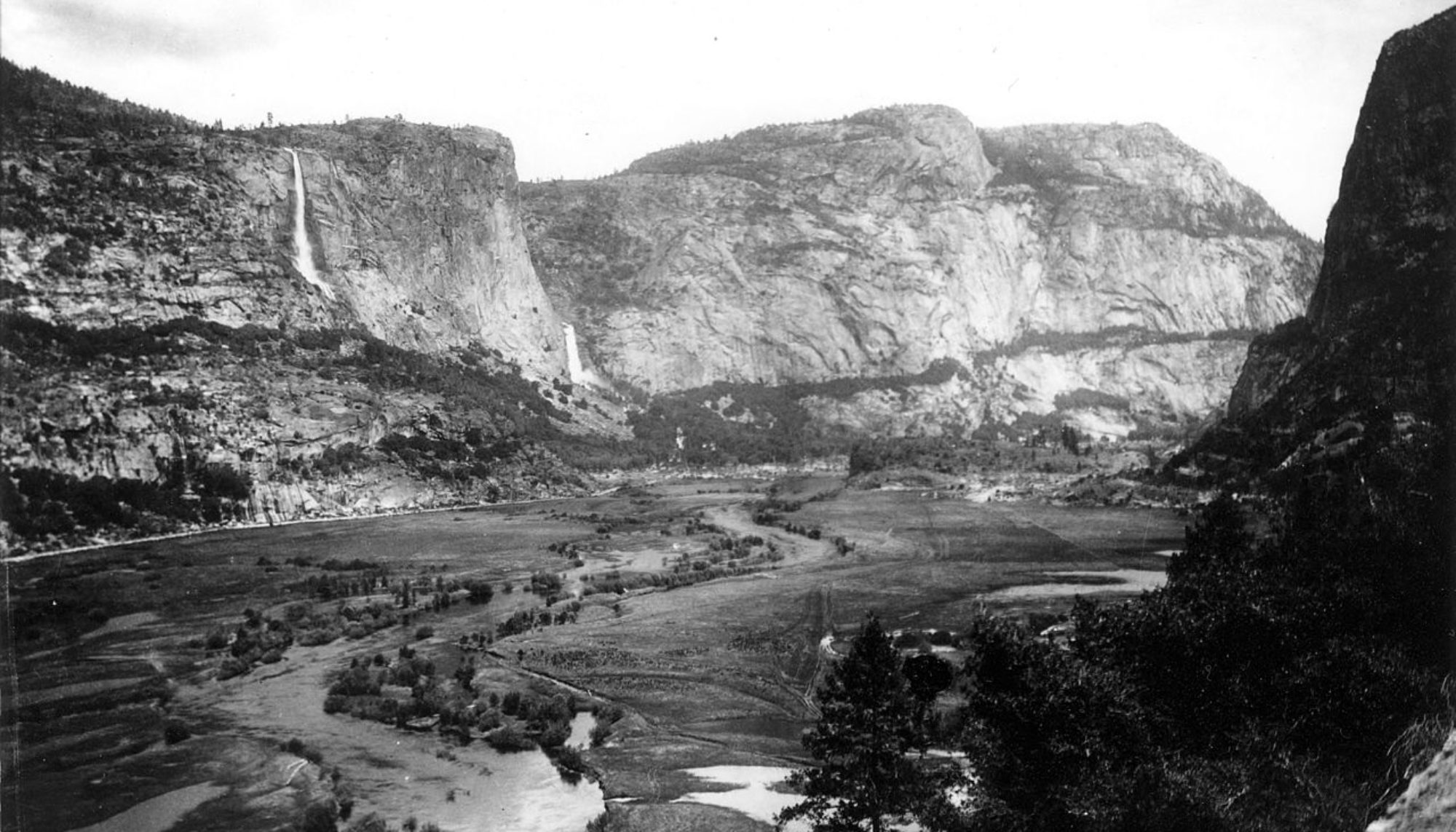
George Bird Grinnell was a graduate of Yale University as a Zoologist. Born in September 20, 1849, Brooklyn, New York City, NY, In 1874 he accompanied George Armstrong Custer on his black hill expedition as a naturalist, fortunately he declined the expedition to the little bighorn region in 1876 due to his disagreements towards the views of natives from the government and the army. He traveled with the army while they were warring with tribes and did not believe the government had a right to encroach on their land.
He accompanied Colonel William Ludlow on an expedition to Montana in 1875 where he encountered many species and watched as their numbers declined. He advocated for the protection of buffalo, deer, antelope and elk.
Grinnell and famous guide James Willard Schultz went hunting in what is now Glacier National Park in 1885, 1887 and 1891. In 1899 he was a member on the Edward Henry Harriman expedition to Alaska. He was a founding member in Theodore Roosevelt’s Boone and Crockett club where he helped Roosevelt publish their first book: Hunting in Many Lands: The Book of the Boone and Crockett Club. Which talked about responsible hunting techniques and conservation.
One of Grinnell’s greatest accomplishments was his work in protecting the Yellowstone buffalo herds. In 1894 the National Park protection act was enacted and the buffalo population was down to about 200. Grinnell worked with the department of the interior to fully stop poaching and start combing herds. By 1902, due to poaching the buffalo population in Yellowstone decreased to about 23. Grinnell passed away April 11, 1938, New York City, NY, but his work was not for nothing. Today the Buffalo are off the endangered species list and can be hunted again responsibly.
